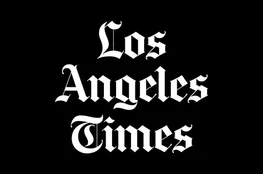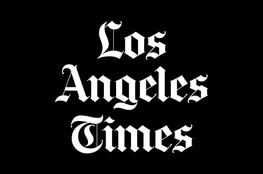Vice President Kamala Harris may be leading former President Donald Trump in national polls, but political strategists highlight that she is underperforming compared to previous Democratic candidates in 2020 and 2016. Harris currently holds a 2.8-point lead over Trump according to FiveThirtyEight and a 1.4-point lead according to RealClearPolling. Despite this, she trails in national polls and key demographics compared to President Joe Biden and former Democratic nominee Hillary Clinton.
Experts suggest that Harris’ campaign, which is more focused on 'vibes,' may be to blame. Len Foxwell, a Democratic strategist, argues that voters want concrete plans to improve their living conditions rather than feel-good vibes. Jon McHenry, a GOP polling analyst, notes that many people are still unfamiliar with Harris and her policies, partly because she hasn't been as visible on the campaign trail. Additionally, concerns about the economy, jobs, crime, open borders, and national security dominate voters' minds, and they don’t feel reassured by Harris's campaign.
In comparison, Biden had a more significant lead over Trump at this stage in 2020, with a 7.5-point lead according to FiveThirtyEight. Hillary Clinton also had a lead over Trump in 2016, though it was smaller. Trump has historically been an 'under-poller,' with many of his supporters reluctant to share their voting preferences. The unpredictability of this election is heightened by Harris being the first woman of color to seek the presidency, possibly leading to the Bradley Effect, where respondents provide socially acceptable answers to pollsters but vote differently in private. Although Harris is a fresh face, she still has vulnerabilities similar to Biden.
For instance, Biden enjoyed substantial support from black and Hispanic voters, which Harris has struggled to match. Trump has made inroads among these demographics, now favored by 12% of black voters and 37% of Hispanic voters, compared to Harris's 76% and 53% support, respectively. Trump’s active campaigning has helped him gain more support from African American, Hispanic, young voters, and independents. Foxwell believes that Harris needs to pivot to a more policy-oriented campaign, focusing on issues like the economy and border crisis.
Trump's chances of winning the electoral college are currently higher than Harris’s, according to Nate Silver’s forecast. Harris’s performance in swing states is also concerning, with Trump leading in several key states. Silver mentions that Harris has been receiving mediocre state polls recently, and the upcoming presidential debate will be crucial for her campaign. McHenry notes that the stress of debating Trump could significantly impact Harris’s performance, which could either reduce her polling deficits or lock them in further. The debate will be a defining moment for Harris’s campaign strategy and her ability to connect with the electorate on policy issues.
























